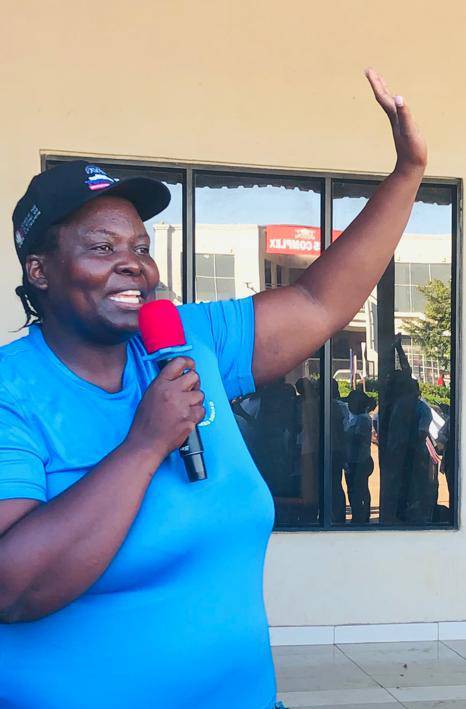Lundazi District Commissioner, Marjory Banda says civil servants should not take epidemic preparedness casually as disease outbreaks can occur at any time.
Ms Banda states that it is necessary that all stakeholders including government line ministries work towards a sustained approach to disease control in the district especially during the festive period.
He said epidemics are a constant reminder of interconnectedness and vulnerabilities.
ZANIS reports that Ms Banda was speaking in a speech read on her behalf by the District Administrative Officer (DAO), Lawrence Nyirongo during the opening of the Epidemics Preparedness, Prevention, Control and Management committee meeting.
Ms Banda noted that events like Covid-19 and cholera had revealed wider gaps in the country’s level of preparedness and response to the disease.
The DC however observed that epidemics have showcased the strength of collective action in the society especially when they occur at a large scale.
“Recent history has shown us how disruptive and devastating outbreaks can be and so the lessons are clear: preparedness saves lives, minimises economic disruptions, and builds trust in our system,” she stated.
Ms Banda said it was important that stakeholders embrace lessons learnt from previous outbreaks for the betterment of the communities.
And District Eastern Water and Sanitation Manager Yotam Nyirongo, has disclosed that the water company was more than ready to supply adequate quality water to both commercial as well as domestic customers to prevent waterborne diseases in the district.
Mr Nyirongo stated that the water utility company had made 3,500 water connections to its customers and that it was servicing 28,000 people in Lundazi District.
He explained that his office has stocked over 1,000 Kilograms of aluminium sulphate and 65 kilograms of chlorine.
To ensure sustained supply of water, Mr Nyirongo said the government has allocated two solar powered boreholes to the district and that the two boreholes would be sunk at the water plant as a backup.





